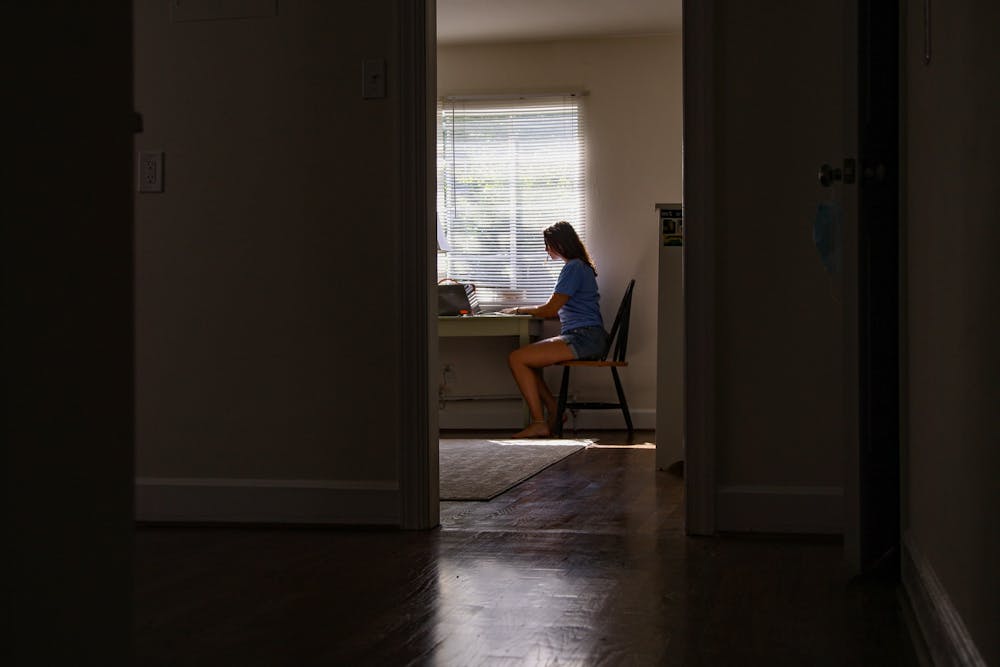In early April of last year, I was scrolling through social media and saw somebody my age lamenting, “I’m wasting the best years of my life in this pandemic!”
I rolled my eyes. "It’s been two weeks," I thought to myself. At that point, I saw an end to the pandemic in the near future and dismissed the social media sentiment as short-sighted and selfish.
But things have changed since then. It has been almost a full year since the world went into lockdown. While some people are flouting public health guidelines and common sense to gather in large groups, go to parties and rush Franklin Street unmasked, a lot of people are still diligently washing their hands, masking up and staying home as much as possible.
And almost 11 months after the World Health Organization officially declared COVID-19 a pandemic, the exhaustion of it all is reaching its peak.
Three weeks ago, journalist Tanzina Vega tweeted about the pandemic burnout she is experiencing, naming the buildup of constant stress we have been faced with since last March the “pandemic wall.”
Burnout, the psychological symptom that often follows chronic stress, was inevitable. We have been in fight-or-flight mode since March, and nearly everyone I know is feeling more tired, helpless and pessimistic than ever before.
In May, my friends and I would excitedly chat on the phone about the trips we were going to take, the movies we were going to see and the restaurants we were going to visit “after this pandemic is over.”




